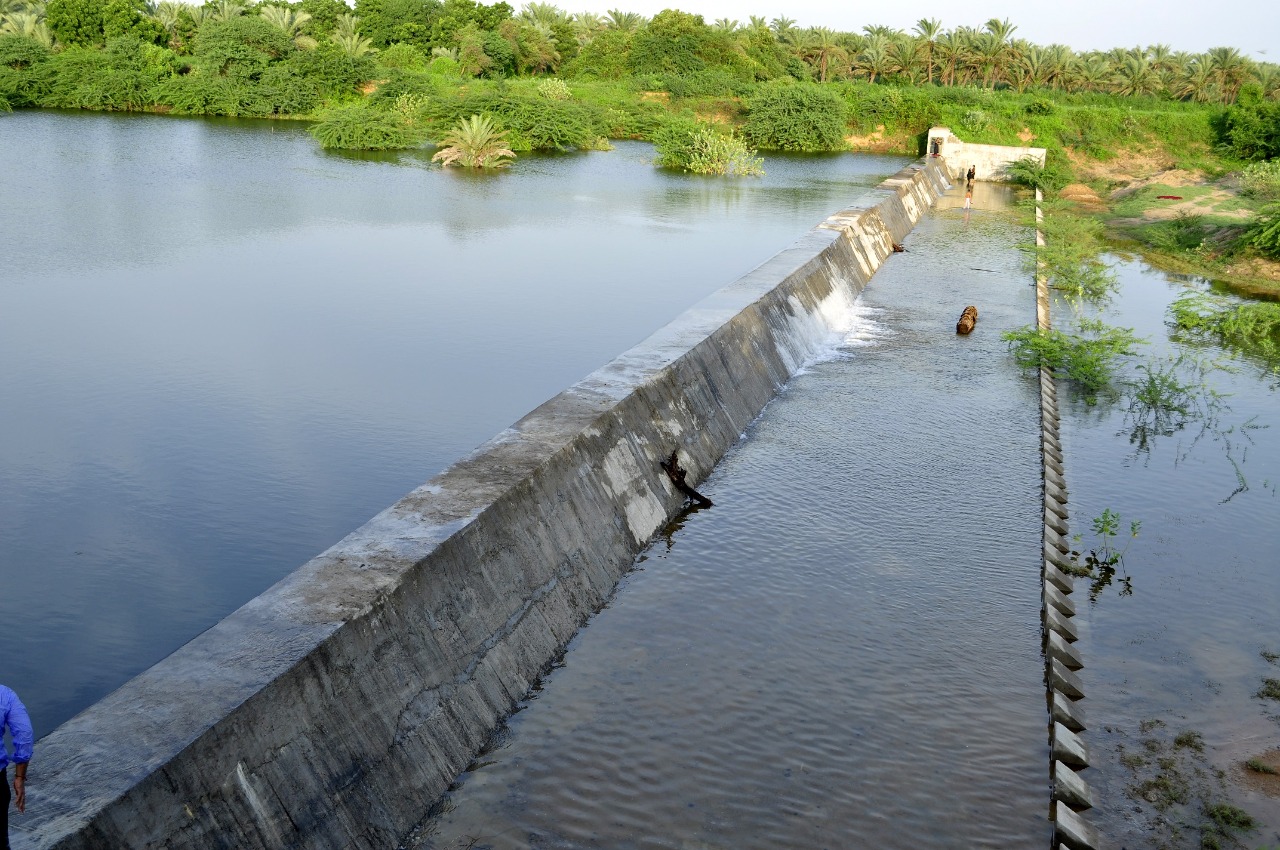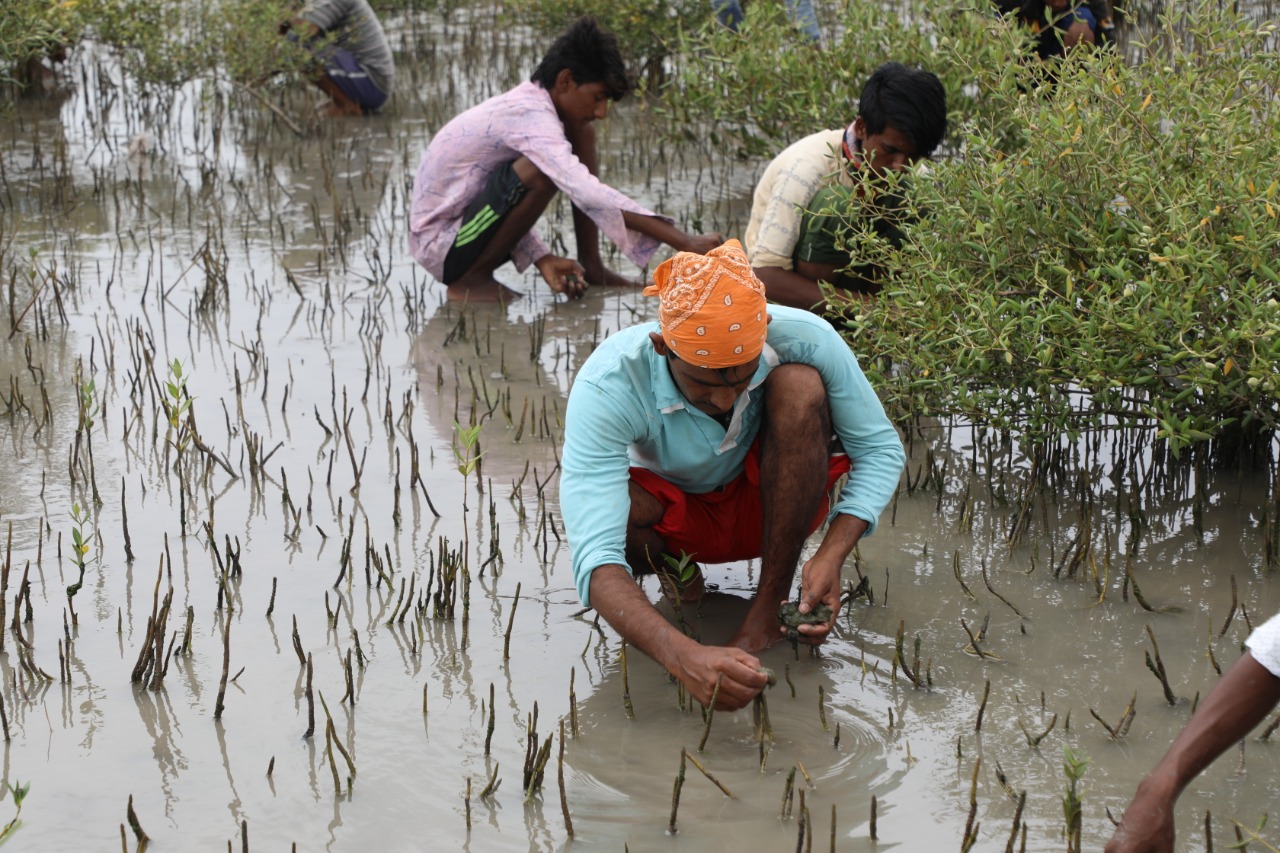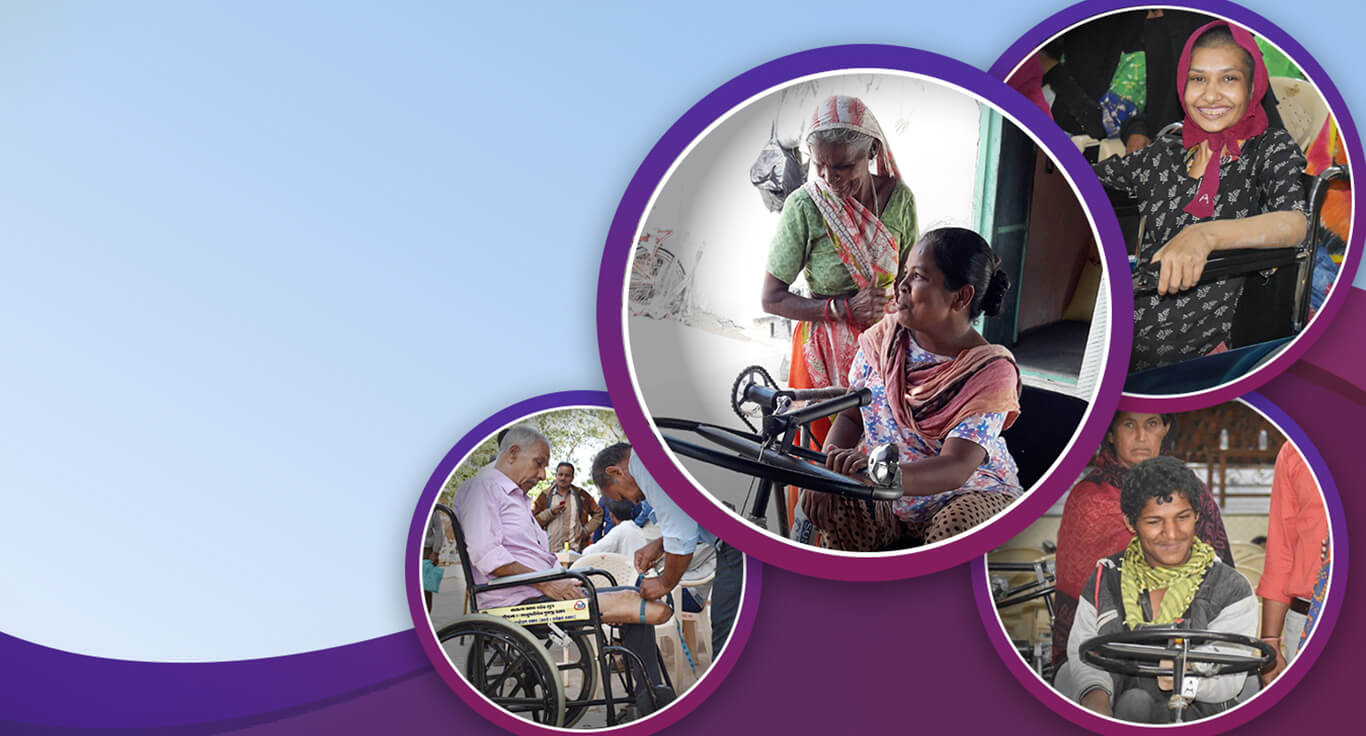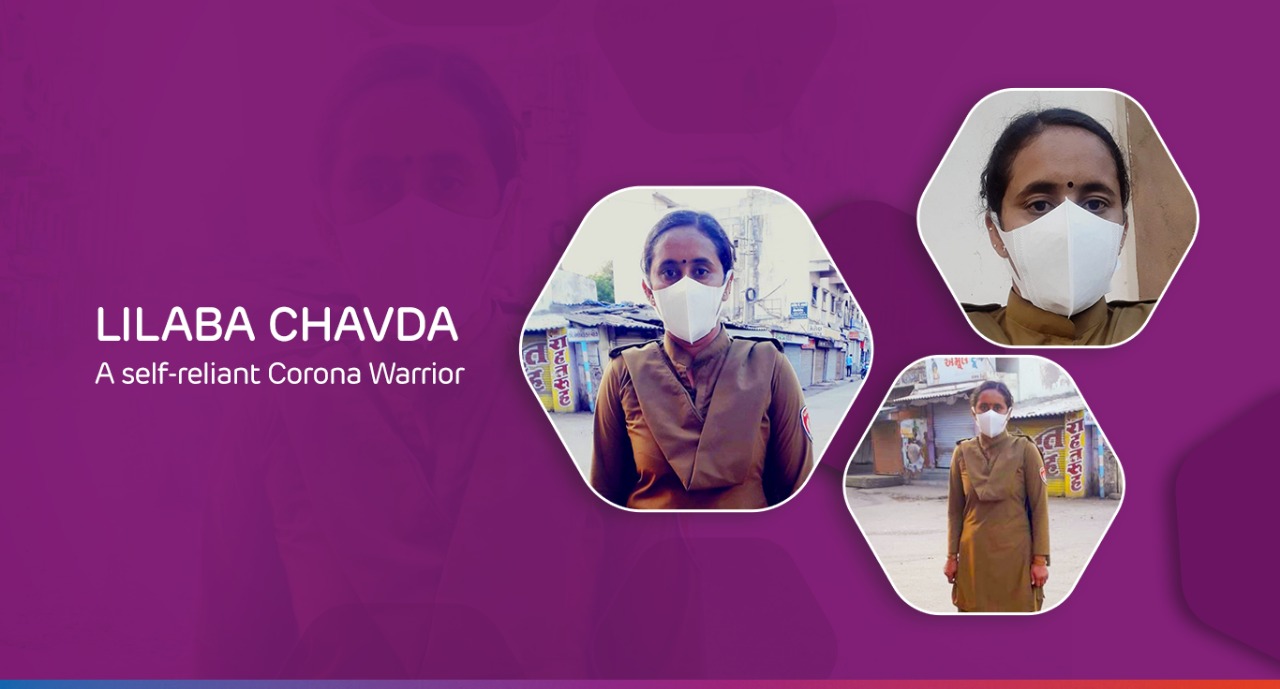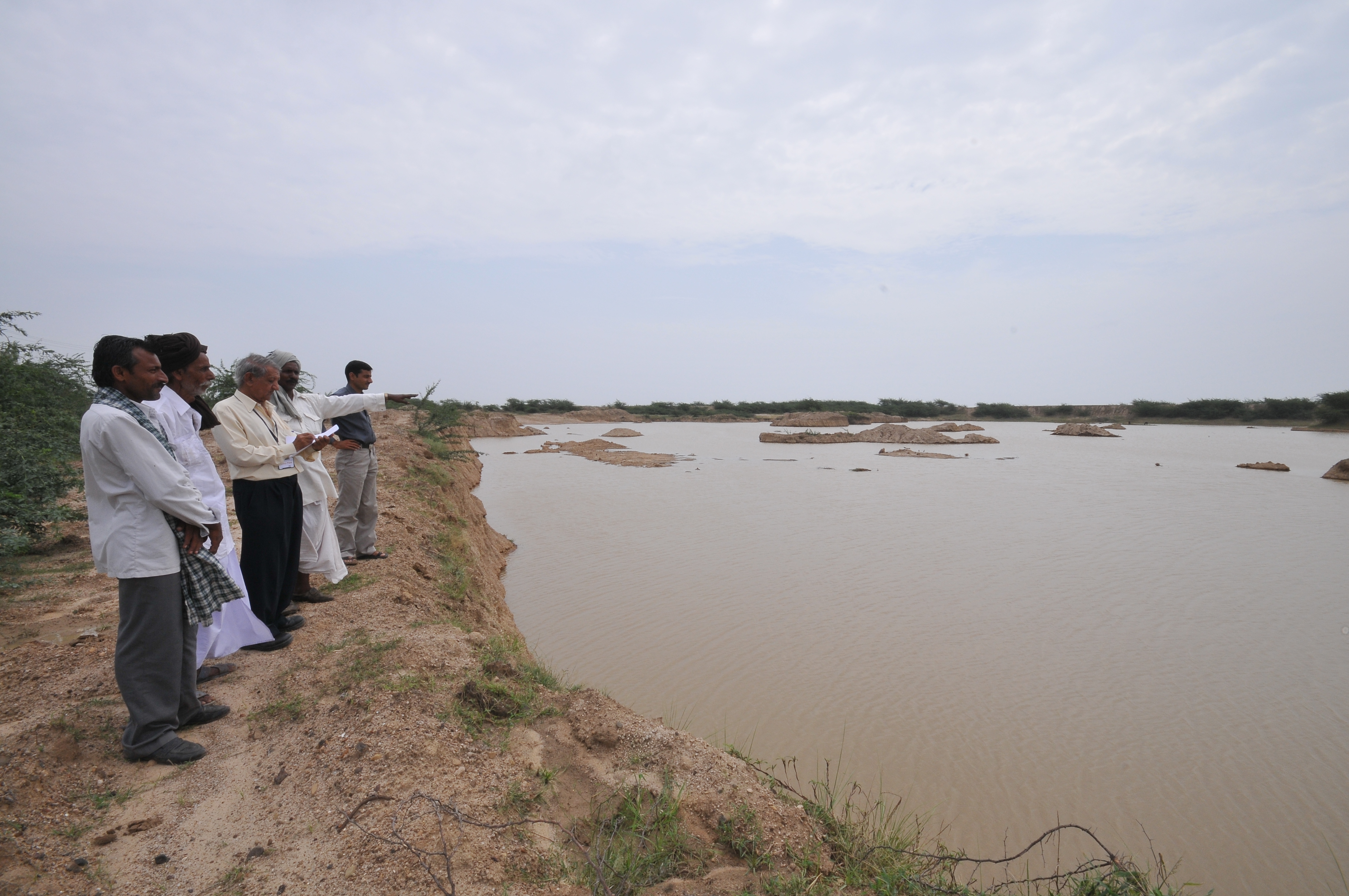
The fact that 2.2 billion people live on this planet without access to safe water is a stark reminder that the global community has a long way to before it can accord water security to its members – especially the poor and those living in less endowed regions. The Indian situation too fails to create any mood for celebration as an estimated 163 million people do not have access to clean water.
Equitable access to safe water and sanitation can reverse many problems in rural India – not by just enhancing the health and hygiene status of people but also their quality of life – it gives communities the freedom to focus on work, education and nutrition. The conceptual prescriptive solutions in prudent utilization, replenishing the biggest storehouse of freshwater viz. groundwater by watershed management and afforestation are not difficult to fathom. However, the problem lies in getting the act together by governments, corporates, knowledge creating institutions, not-for-profit entities and the community itself. Shared understanding and local action for community infrastructure development will determine how our country’s collective future rolls out.
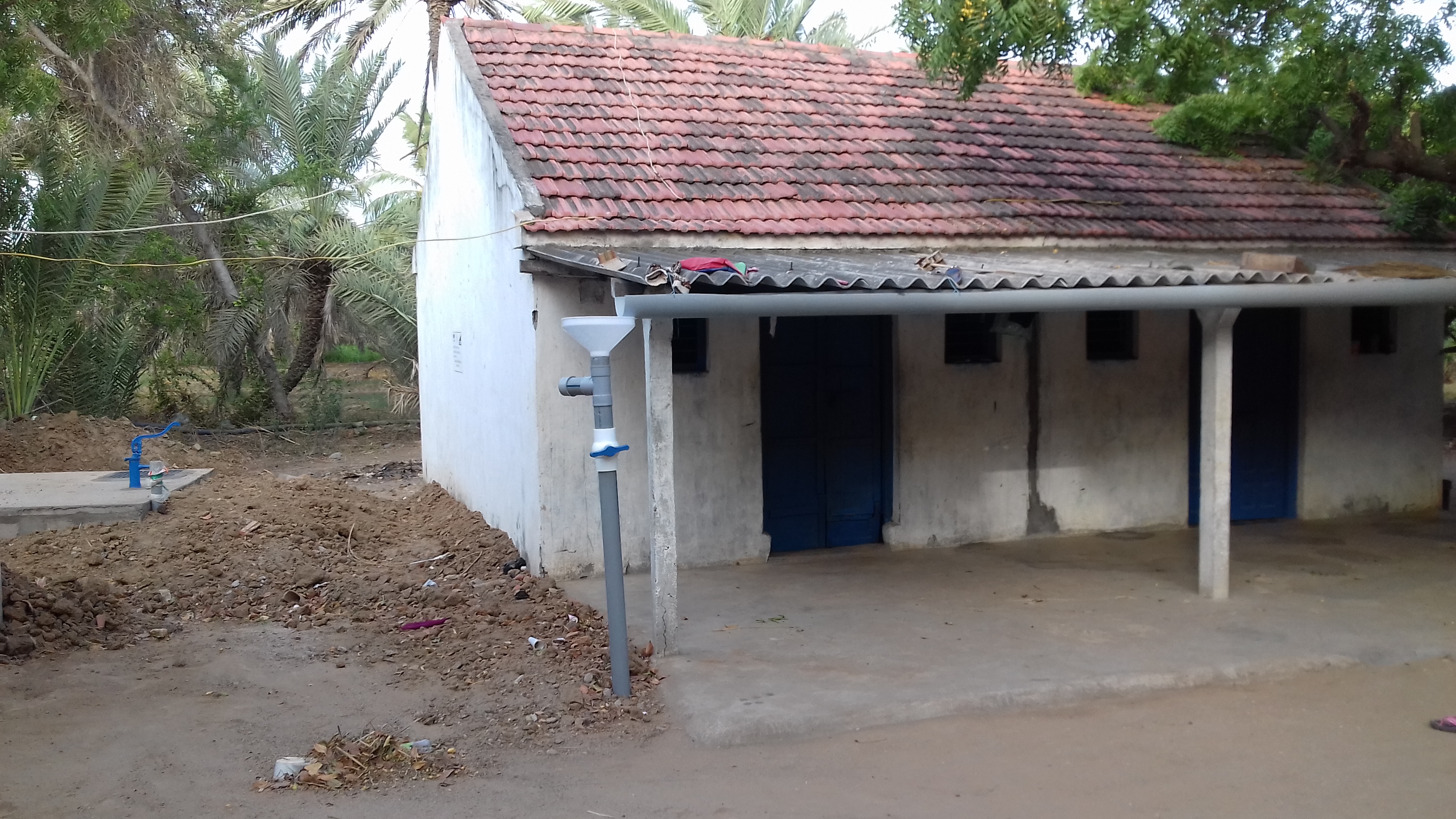
This year’s theme for World Water Day is ‘Valuing Water’ – reflecting upon its true value to people and working towards its protection. At Adani Foundation, the Corporate Social Responsibility (CSR) arm of Adani Group, we have the privilege and responsibility to work with and for communities in the areas of water conservation and management. To this end, our continuous endeavour is to engage communities, converge state action at the local level, and focus on what brings positive change in the life of people by enhanced water availability.
Today, we work not only with multiple government departments but other institutions like the Gram Panchayat, farmers’ groups and most importantly the end users i.e. the community members. This collaborative action leads to highly localized solutions, comprehensive programmes as well as smooth execution. With the responsibilities shared, the benefits too are better valued.
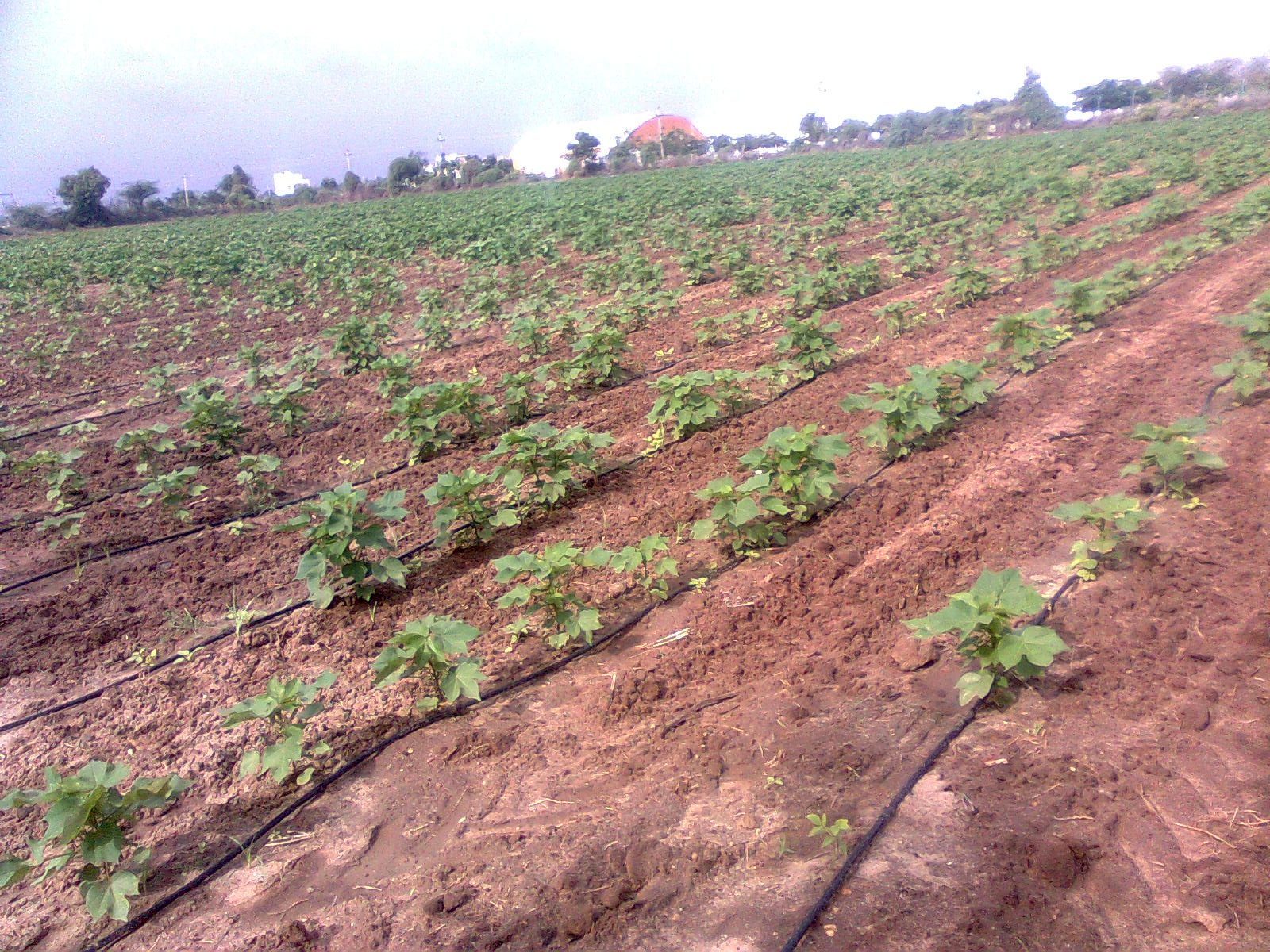
While building check dams in water stressed areas is indispensable, the Adani Foundation has been implementing practices of recycling and re-utilization of water. This was not possible without entering the backyards and farms of the people. The CSR teams have held community meetings, soliciting partnership to introduce rooftop rainwater harvesting, pond deepening and bore-well recharge methods. These are affordable, easily implementable and highly replicable techniques. The Foundation is also promoting user efficiency through drip irrigation, providing support for expansion of horticulture and encouraging reduced water intensity in agriculture by influencing cropping pattern.
Let me illustrate this further and for that, let us go all the way to India’s western-most tip to Mundra in Kutch. The Adani Foundation’s water conservation activities first took shape in this water-scarce region under project Swajal – addressing the steady depletion of ground water, high levels of Total Dissolved Solids (TDS) and frequent drought-like conditions.
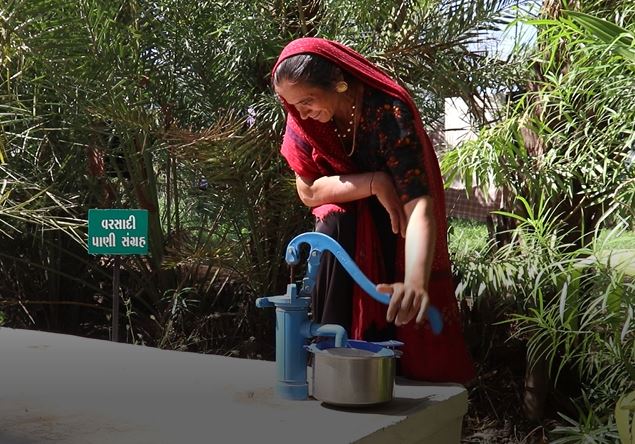
Virbai Seda, Zarpara
Virbai Seda, a 47-year-old resident of Zarpara villages says that earlier, every single day her family would have to either buy filtered water bottles or travel to get 20 litres water from the Panchayat. With a rainwater harvesting structure installed prior to the monsoon season last year, a 10,000 litre tank is filled, enough to fulfil the drinking and cooking water requirements for her family of five members until the next monsoon. Virbai’s home uses water from a recharged borewell for other domestic and irrigation purposes – they employ the drip irrigation method extensively. The family grow dates for commercial sale and alongside the NB21 grass for good quality and copious fodder for the cattle. An adjacent kitchen garden makes enough seasonal vegetables and fruits available for the household. The family benefits from the home biogas connection, the slurry from which is used as manure for the fields. This ‘model farm’ is a result of collaboration between the Seda family and the Foundation team.
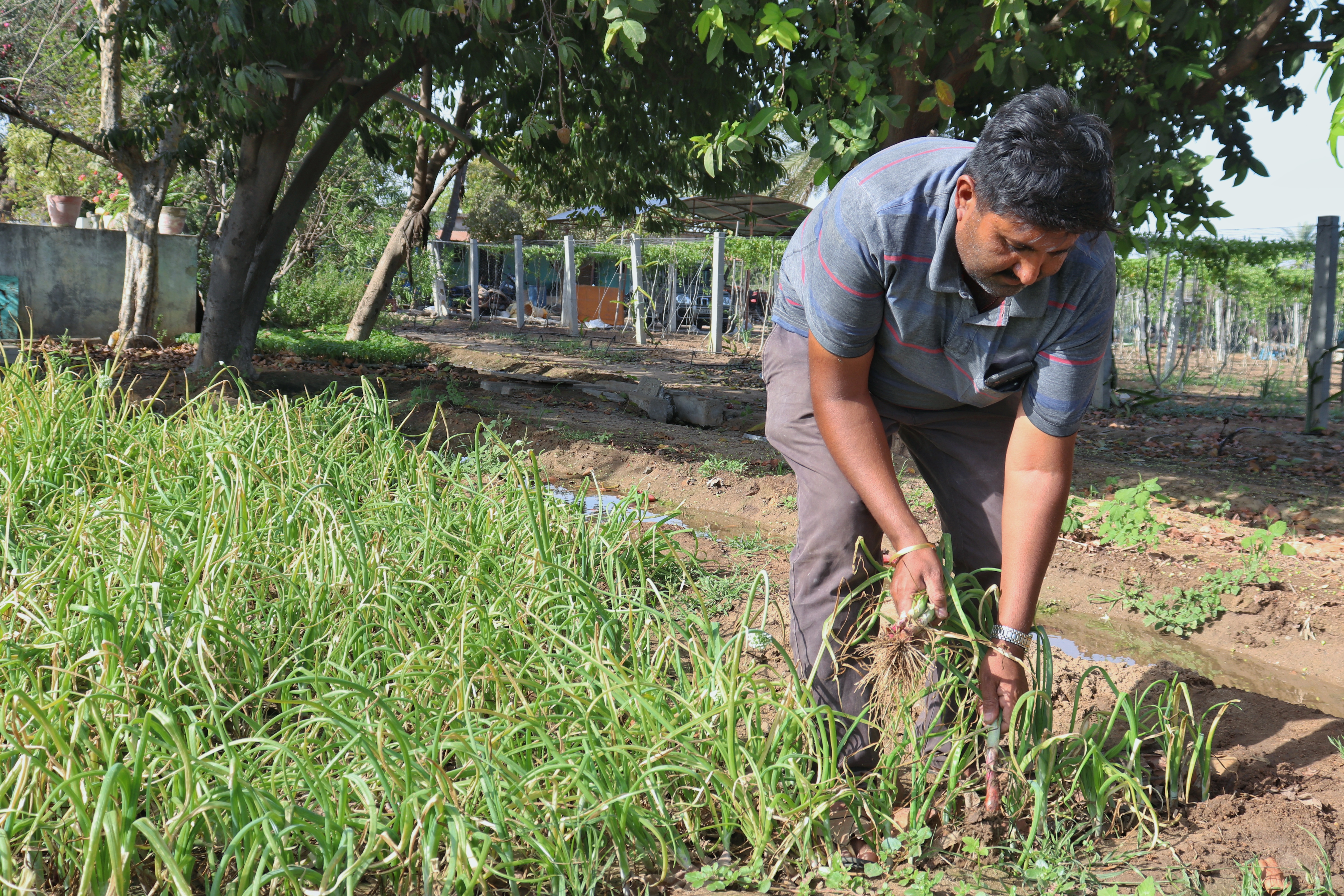
Gulab Chauhan, Mangra
Not far from Zarpara is the Bhukhi river, on which the Adani Foundation had constructed two dams in 2011-12 and 2013-14 respectively. The rainwater from these catchment areas have recharged the groundwater which percolates to bore wells, making cultivation of fruits and vegetables possible again for farmers like Gulab Chauhan who hails from Mangra. He mentions that until two years ago, only 30-40% farms were operational due to water scarcity and high levels of TDS – the number has now increased to 80-90%, ensuring sustainable livelihoods for more than 500 farmers from villages like Bhorara, Mota Kapaya, Tappar, Depa etc.
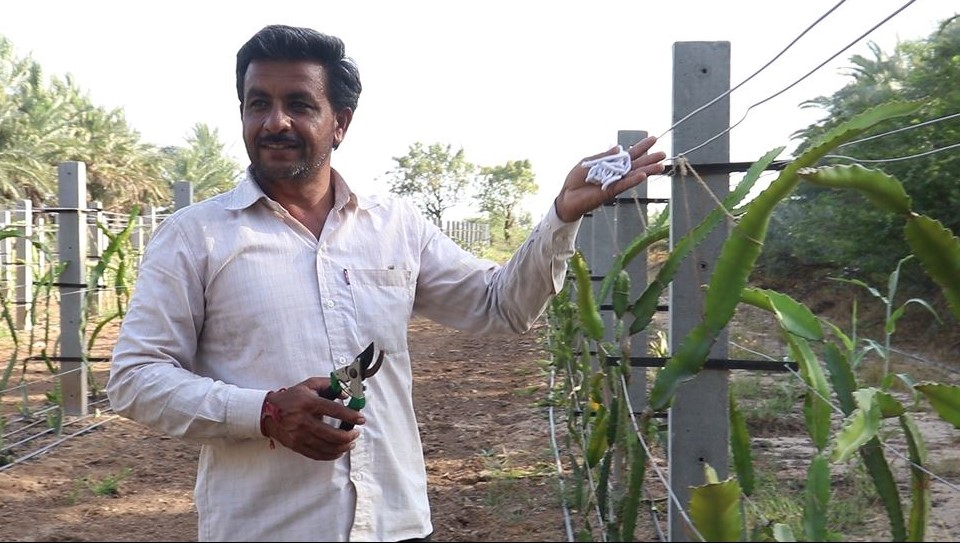
Kanji Gadhvi, Navinal
Kanji Gadhvi, a farmer from Navinal, has just started to grow dragon fruit on a part of his 3-acre land which is not far from the sea. It is impossible to use the salty water for irrigation but the possibility of bringing piped water from 2 kms away has ensured that his fields, which are mostly covered by date palms, are well-nurtured.
Adani Foundation’s water conservation initiatives have impacted more than 2.18 lakh people like Virbai, Gulab and Kanji. According to data from Water and Sanitation Management Organization (WASMO), the TDS in the ground water has dropped by 16.9% on an average, in 12 villages. Over the last 5 years, ground water table has risen by 4.2 ft. Storage capacities of check dams and ponds have increased by 106.44 MCFT. For farmers, this has translated into a 20% increase in net irrigated area, up to 40% increase in agricultural yield and 20% rise in revenue. Water availability has also ensured the safety and overall well-being of women and children in the area. On an average there has been up to 25% decrease in the families’ expenses on healthcare.
In recognition of our mission to go from water scarce status to water adequate condition, the Adani Ports and Special Economic Zone (APSEZ) Ltd, Mundra, Kutch, was awarded in 2019-20 the National Water Award – Best CSR in India for water conservation. Mobilizing community members, not just for their participation, but to make them stakeholders is imperative. Water literacy bolstered by sound practices in communities has cultivated good health, good crop as well as immense value. Water security and agricultural diversity translate into nutritional security and economic prosperity. And beyond those worthy goals, sustainable development and desirable ecological balance is becoming visible.
P.N. Roy Chowdhury
Executive Director, Adani Foundation

